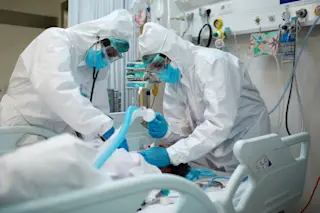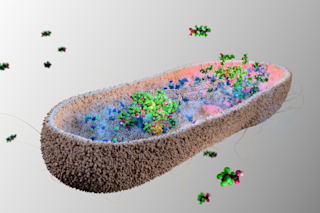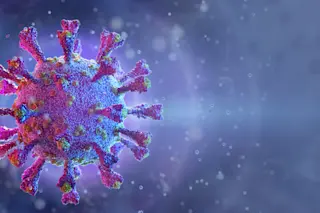As the omicron variant brings a new wave of uncertainty and fear, I can’t help reflecting back to March 2020, when people in health care across the U.S. watched in horror as COVID-19 swamped New York City.
Hospitals were overflowing with sick and dying patients, while ventilators and personal protective equipment were in short supply. Patients sat for hours or days in ambulances and hallways, waiting for a hospital bed to open up. Some never made it to the intensive care unit bed they needed.
I’m an infectious disease specialist and bioethicist at the University of Colorado’s Anschutz Medical Campus. I worked with a team nonstop from March into June 2020, helping my hospital and state get ready for the massive influx of COVID-19 cases we expected might inundate our health care system.
When health systems are moving toward crisis conditions, the first steps we take are to do all ...














